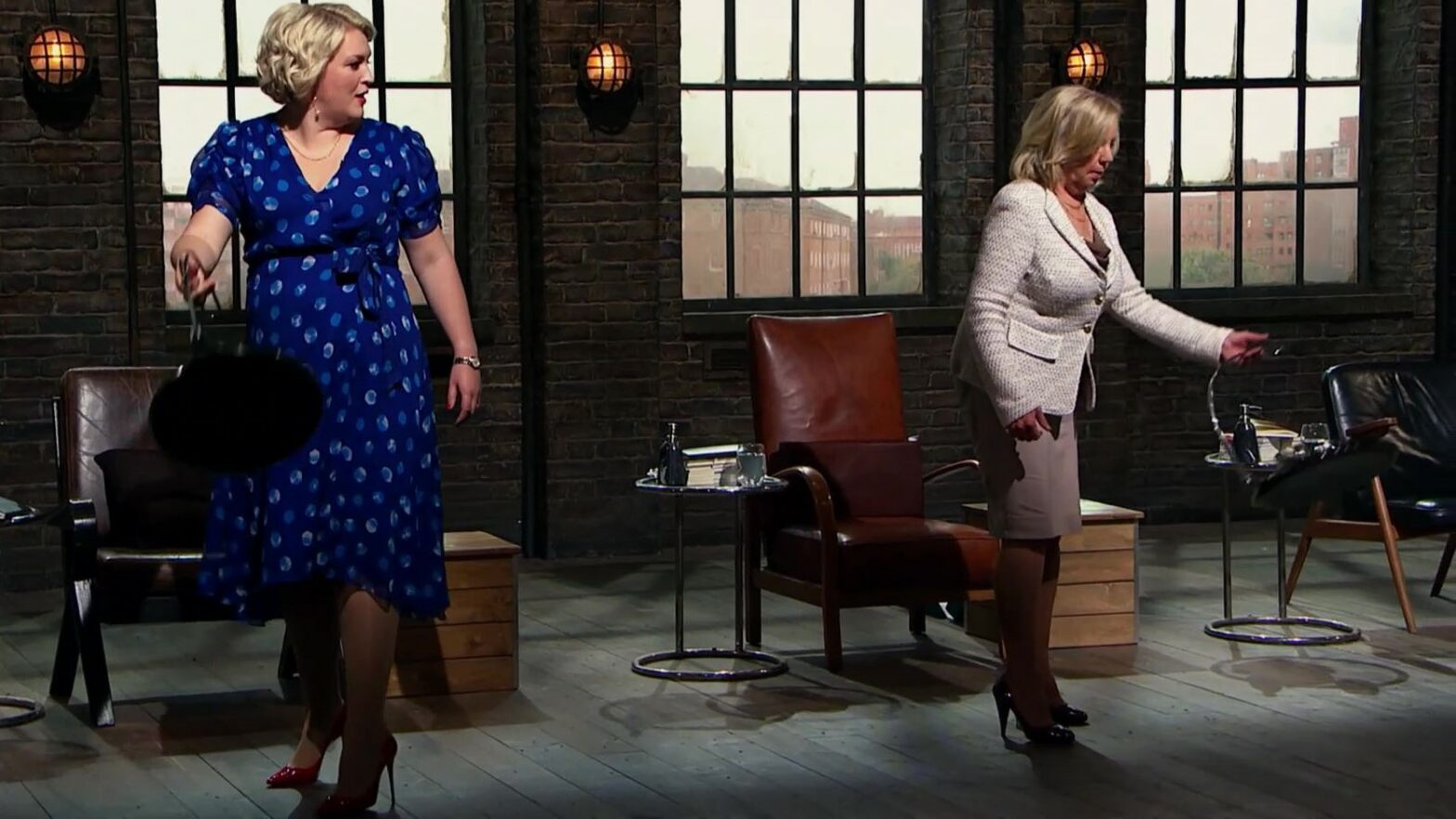As always, there’s high drama in the Den. Even Dragons cannot escape the pandemic, and Theo Paphitis stepped in to join the panel after Peter Jones was told to quarantine.
Perched on the edge of his seat for much of the show, an excitable Paphitis gave investment hopefuls the sharp-tongued once over, before turning down every single one. Oh Theo, how we’ve missed your kindly nature and natural munificence.
In all fairness to Paphitis’ indomitable spirit, this week’s episode was characterised by impressive ideas with bad business decisions.
>See also: Sara Davies of Dragons’ Den 7 tips for small business
First to the floor was Deborah Lockhart with Honest Blends, a company specialising in luxurious organic plant-based products. With an impressive corporate background in business development for brands including Tesla and BMW, Lockhart impressed the judges with her confident presentation. She asked for a £50,000 investment for 10 per cent of the business. Yet the sporadic range, including tealeaves, coffee, hand sanitiser, gin and bottled water made from sugar cane, confused the Dragons.
Sara Davies was concerned the multitude of products forebode problems for investors. “You’ve made me feel that you are all over the place,” she told Lockhart. “It doesn’t give me the confidence that if I put money into this, you are going to make a success of it.”
Davies declined involvement and the self-described “very investible” Lockhart suddenly seemed a whole lot less so.
The other Dragons raised concerns over Lockhart’s branding judgement, given there are other similarly named businesses operating in the industry. Touker Suleyman pithily summed up the affable Lockhart as “a lady of all trades but a master of none,” and was out – along with the rest of the Dragons.
Lockhart didn’t leave the Den emptyhanded, however. Impressed with her enthusiasm and presentation skills, Paphitis told her to “pick up the phone and call me. There’s a job waiting for you.”
From an entrepreneur spinning too many plates to a tray-whirling hopeful in the form of Robert Simpson, creator of the Tipsi Tray. Designed for home and hospitality use, the single-handed tray demonstration, which included a death-defying over-the-head manoeuvre, impressed the judges, but garnered no investment.
The Dragons appreciated Simpson’s ability to wangle a direct-as-vendor deal with a shopping network. But the praise came with a rude awakening: without a patent, Simpson’s design was left with no barrier to entry. Even the factories manufacturing Simpson’s products could “see you having a bit of success, easily replicate the item and massively undercut you on price,” Davies levelled with him.
Tej Lalvani was unnerved by Simpson’s “crazy” £500,000 company valuation having only started trading four months previously, and the Dragons bowed out, leaving Simpson with not a penny of the £50,000 he was looking for.
You would be forgiven, watching this episode, for thinking all British entrepreneurial spirit had been stamped on by scaly claws as the following two contestants – a husband and wife duo bringing dogs to weddings and a father-and-daughter sales team offering inflatable life vests for sports – left the Den empty handed.
And then, all of a sudden, in walked Dublin-Based parents James and Aileen McCauley.
With The Wriggler, a sinisterly named anti-roll changing mat designed to do battle with mutinous babies, the couple were seeking a £50,000 investment for 25 per cent of the business.
But the Dragons, hungry to bones to pick, were in no mood to make things easy. Paphitis wailed that the matt “absolutely pongs of cheap, nasty plastic”, while Suleyman chipped in, “It smells of fish!”
Lalvani put the parents through the wringer having never launched on Amazon, criticising the “gaping holes where you could have done a bit more”. Meaden and Paphitis joined him in declining a deal, but not before landing a few punches themselves.
A stand-off ensued. Suleyman and Davies, the couple’s investment hopefuls, mulled over the options. Suddenly, Suleyman made his move – and it was a whopper. In an unorthodox offer, he proposed all the money in return for a 90 per cent stake, essentially wanting to run the company himself. This proposal would give the couple a 5 per cent royalty on future sales.
Davies, contrastingly, offered £50,000 for a 40 per cent stake in the business. After some nail-biting bartering and a trip to the wall, the McCauleys left with Davies’ deal at a 35 per cent stake.
There’s never a dull moment in the Den, much like there’s never a dull moment running a small business. The moral of this episode seems to be: know your brand, roll with the punches and don’t spin too many plates (or trays).
More Dragons’ Den
Dragons’ Den: a lesson in how not to run a small business – review (S18, ep 9)





